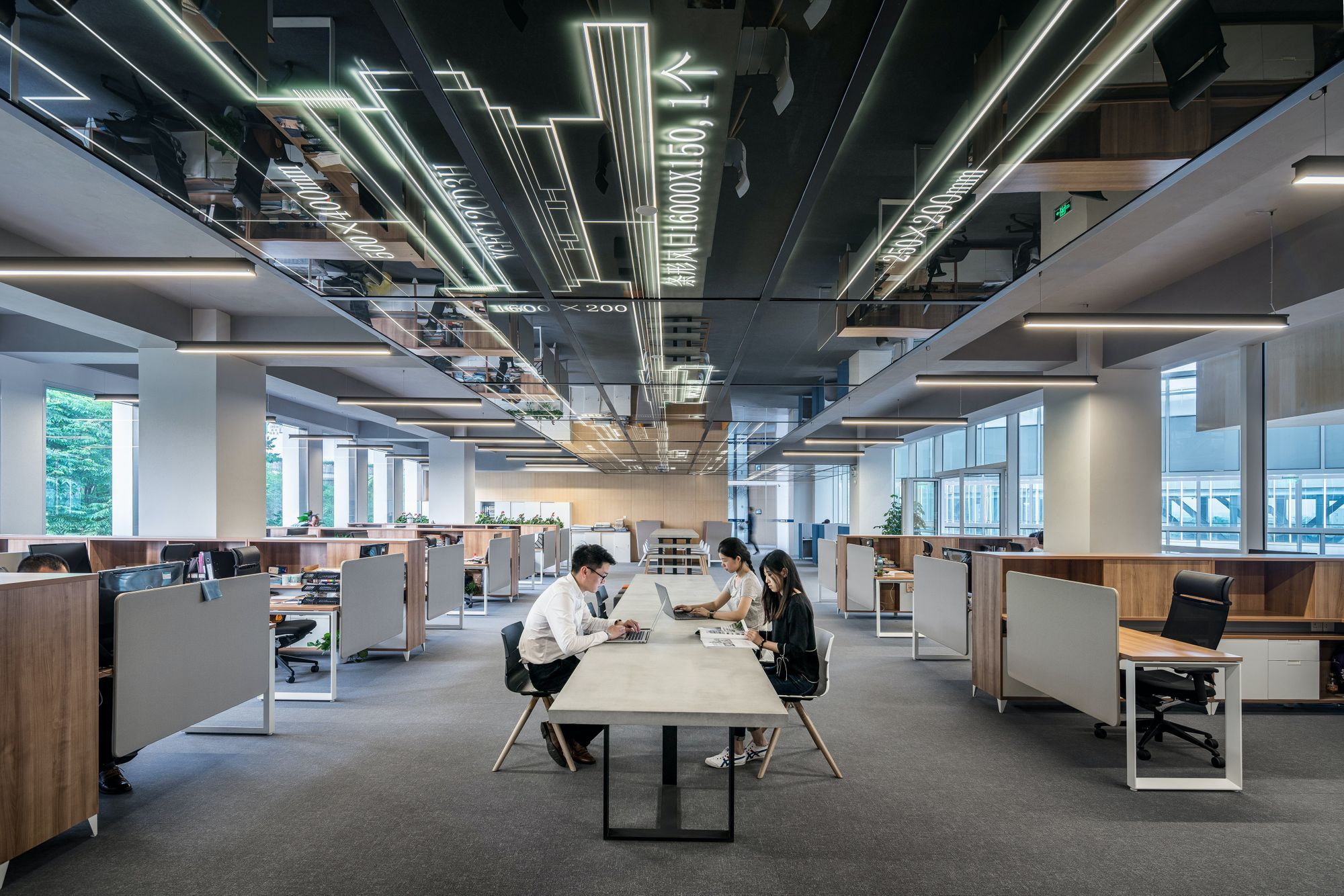An Analysis of COVID-19’s Impact on Office Real Estate Demand
In this article, we deep dive into how COVID has impacted the office real estate market around the globe, and offer outlook and perspective on how to move forward.

Tables of Contents
- More than just physical work space
- The future of work
- Office spaces will remain relevant
- Closing remarks
As countries all over the world imposed lockdown measures in view of the pandemic, companies have scrambled to send everyone home to do their work. This is the first time remote working is experimented on such a large scale worldwide. For some, this could potentially become a permanent arrangement. Of course, this then brings to mind the question of whether office spaces will still remain relevant in face of such changes.
More than just physical work space
Traditionally, the office has provided a space for employees to meet face-to-face, to build human connections and to collaborate effectively. Employees can share ideas spontaneously, which not only spurs innovation, but also instills a sense of purpose into everyone and shapes the company culture. To facilitate communication while employees are working from home, several online platforms, including Slack, Microsoft Teams, Google Meet and Zoom, have gained much popularity.
However, these platforms cannot fully replicate the experience of face-to-face communication in the office. We still require human connections which are not fully facilitated by technology. Being together physically provides a more conducive environment for the rapid exchange of ideas and spontaneity, while virtual interactions are more awkward and delayed. Without being in the same physical space as others, it can be difficult to have a strong sense of purpose and feel motivated to work towards a common goal.
The future of work
However, that is not to say that working from home is less desirable. In fact, according to the Straits Times, a survey of 9,000 respondents from almost 90 companies revealed that 90% of employees in Singapore want to continue working from home in some capacity. The biggest draw that remote working provides is flexibility. As many people are given a taste of this kind of working life, the perks of such an arrangement are becoming increasingly evident.
Beyond time savings from not needing to commute, employees also expressed that they can save on parking, office wear and eating out. From employers’ point-of-view, smaller office spaces would mean cost savings - something very much appreciated in this climate. Some companies have hence started rationalising their office footprint.
Yet, the same survey also shows that only 15% want to work from home all the time, which means that a combination of remote working and working in the office is very much preferred. Having face-to-face interaction with colleagues is an important part of one’s working life and the office also allows one to draw clear distinctions between work and home.
Furthermore, some employees admit that productivity has taken a hit, perhaps due to less effective communication and the lack of a conducive working environment at home. Sharing space with family members who also work from home and caring for young children both make working from home a challenge. Such productivity hits can be detrimental to companies trying to stay ahead of competition and profit-maximise. In our opinion, the question on productivity is ultimately one of the most important considerations for companies.
In the short term, some may question the ability of the office space to serve its ‘normal’ purpose. New layouts are necessary to comply with safe distancing measures, masks may be required to be worn at all times and regular temperature checks may need to be conducted. In such a dystopian working environment, can the office really encourage more innovation or establish a strong company culture? It is unlikely to be the case. Beyond the near term (which is typically more relevant for real estate investments), it is clear that the office will regain prominence after the virus dies down.
Office spaces will remain relevant
Only a small segment can productively work from home. That is, if the nature of their job requires less supervision and teamwork, or if the employees themselves are disciplined enough to maintain their productivity levels. Data security is also an important issue to be considered.
For instance, one might think that call centres can easily adopt work-from-home arrangements. However, there is a need to revise agreements about what kind of information can be handled outside the office. Obviously, sensitive information such as credit card and health information must be kept within the office, but with employees speaking all day and call centres being densely occupied, it can be difficult to protect lives.
In the Philippines, where the call center business contributes to 8% of the country’s GDP, many of the 1.3 million employees live in places without reliable internet connections or stable electricity supplies. As such, office spaces are necessary for certain businesses, and companies may actually have to expand their office spaces to support social distancing requirements.
Closing remarks
Overall, it will likely be the case for office demand to fall, but only slightly. This lockdown period has given many a chance to have a taste of remote working and a portion will find working from home to be feasible and productive. While companies may choose to downsize their office spaces as a result, it is really only a small proportion of employees that can work from home completely.
For the majority, they may not be able to work from home at all, or they may prefer a more flexible work arrangement that allows for occasional remote working. Furthermore, this work-from-home “experiment” has only been carried out for a relatively short period of time, which means that longer-term impacts and its sustainability are still unclear. So the office space will likely continue to remain relevant for companies to operate efficiently while maintaining a certain sense of grandeur.
Sign in to View our Investment DealsLooking forward, we can expect the office to evolve to support 2 employee teams - those working remotely and those working in the office. Third-party flexible space and co-working spaces may also gain more popularity, while traditional offices reinvent to incorporate elements of sustainability, wellness, and technology.
About RealVantage
RealVantage is a leading real estate co-investment platform, licensed and regulated by the Monetary Authority of Singapore (MAS), that allows our investors to diversify across markets, overseas properties, sectors and investment strategies.
The team at RealVantage are highly qualified professionals who brings about a multi-disciplinary vision and approach in their respective fields towards business development, management, and client satisfaction. The team is led by distinguished Board of Advisors and advisory committee who provide cross-functional and multi-disciplinary expertise to the RealVantage team ranging from real estate, corporate finance, technology, venture capital, and startups growth. The team's philosophy, core values, and technological edge help clients build a diversified and high-performing real estate investment portfolio.
Get in touch with RealVantage today to see how they can help you in your real estate investment journey.
Disclaimer: The information and/or documents contained in this article does not constitute financial advice and is meant for educational purposes. Please consult your financial advisor, accountant, and/or attorney before proceeding with any financial/real estate investments.
